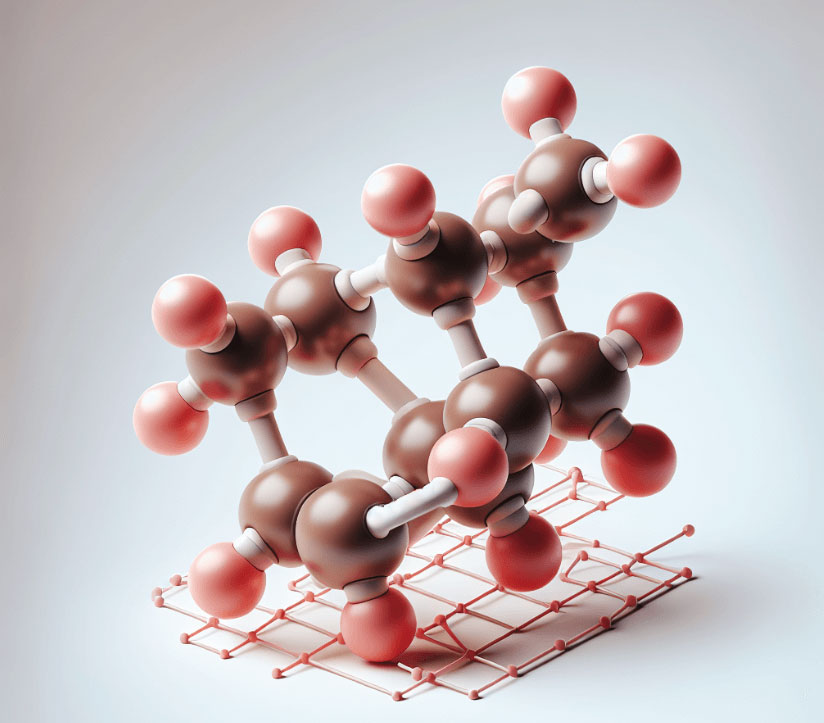Lithium bromide (LiBr) is a chemical compound that has gained significant attention due to its versatile applications, particularly within the field of absorption refrigeration systems. Understanding its structure, properties, and some intriguing facts can illuminate why this substance is so valuable in industrial and commercial settings.
Table of Contents
Structural Characteristics
Lithium bromide forms a crystalline salt that is similar in appearance to table salt. At the molecular level, LiBr consists of lithium ions (Li+) and bromide ions (Br-), which bond together to form a lattice structure. This ionic compound is highly soluble in water due to the strong electrostatic forces between water molecules and the ions of LiBr.
Chemical Properties
LiBr is hygroscopic, which means it readily absorbs moisture from the environment. This property is integral to its role in refrigeration systems, where it serves as an absorbent that efficiently attracts and binds water vapor. It also has deliquescent properties, allowing it to eventually dissolve in the water it absorbs if exposed to a sufficiently humid atmosphere.
Physical Properties
Appearance: White, crystalline solid.
Melting Point: Approximately 550°C (1022°F).
Boiling Point: Around 1,265°C (2,309°F) at standard atmospheric pressure.
Solubility: Highly soluble in water, as well as in polar organic solvents such as ethanol and methanol.
Density: About 3.46 grams per cubic centimeter at 25°C (77°F).
8 Interesting Facts About Lithium Bromide
Historical Use: LiBr was used in World War I as a sedative and hypnotic agent but has since been replaced by safer alternatives in medical practice.
Refrigeration Revolution: Its implementation in absorption refrigeration represents a shift towards more energy-efficient cooling systems able to use waste heat sources.
Environmental Impact: LiBr is non-ozone depleting and has a negligible global warming potential, making it an environmentally safer refrigerant compared to some traditional chlorofluorocarbons (CFCs).
Solar Energy Pairing: It’s successfully used in solar absorption chillers, highlighting its role in renewable energy initiatives and sustainable technology.
Medicinal Research: Although it’s not widely used in medicine today, research into lithium salts, including LiBr, continues for their potential neurological benefits.
Industrial Corrosion Control: As an inhibitor, LiBr helps prevent corrosion in absorption systems, increasing the lifespan of these costly industrial units.
Precaution in Use: Despite its advantages, lithium bromide must be handled with care due to its hygroscopic nature, requiring secure storage in airtight containers to prevent moisture absorption and degradation.
Water Desalination: LiBr has been investigated for its use in desalination processes as it can play a role in removing salt from seawater, which could be key in addressing global freshwater shortages.
Conclusion
Lithium bromide is more than just a compound used in industrial applications; it’s a substance that has shaped and continues to influence various technological, environmental, and scientific fields. Its remarkable properties and adaptability make it a subject of ongoing interest and innovation, demonstrating just how a single compound can have far-reaching impacts across diverse industries.
Contact Us
Shandong Hongrui Co. is a leading supplier of lithium bromide. Whether you need lithium bromide for air conditioning systems or other applications, we can help. Contact us now to learn more about lithium bromide products. Our sales team will quickly provide you with a quote and reduce your costs.









